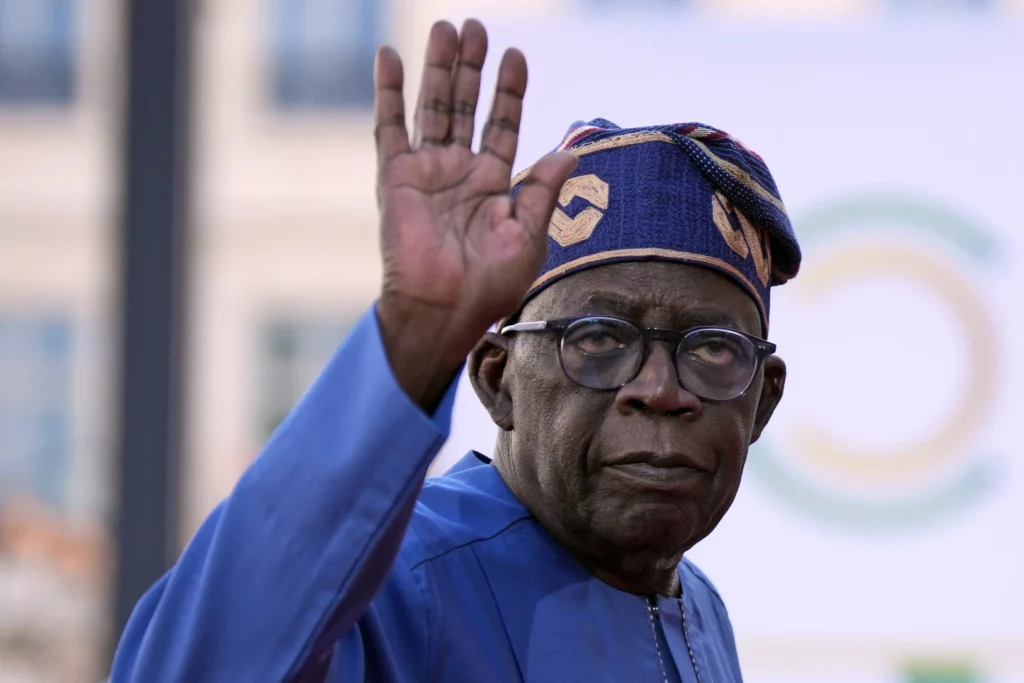In an age where swift shifts in global geopolitics can cast long shadows over national democracies, Nigeria’s Supreme Court has not only held its ground but has shone as a beacon of judicial integrity and robustness. Its latest decisive action — the affirmation of President Bola Tinubu’s electoral victory — has set the stage for both national introspection and international admiration.
Diving deep into the court’s deliberations reveals a multifaceted narrative. The panel of seven esteemed justices, renowned for their legal acumen, traversed a complex maze of arguments, counterarguments, and precedents to reach their conclusion. Their diligence and commitment to justice underscore the bedrock principles upon which Nigeria’s legal framework is built. In an era where institutional trust is eroding globally, the resilience and fortitude of Nigeria’s judiciary, as exemplified in this ruling, serve as a resounding testament to its undying commitment to uphold the tenets of justice.
Beyond national boundaries, the reverberations of this verdict have global ramifications. Democracies worldwide, whether nascent or long-established, are in a constant struggle to maintain their foundational principles amidst internal and external pressures. Nigeria, through its Supreme Court’s judicious exercise of power, offers a beacon—a signal that even in turbulent times, the pillars of democracy can stand tall if they are anchored in a bedrock of justice, transparency, and unwavering integrity.
The court’s verdict isn’t just an affirmation of an electoral outcome; it’s an endorsement of Nigeria’s entire electoral system. In dissecting and addressing the manifold challenges and allegations surrounding the elections, the Supreme Court has provided a roadmap for future electoral processes, ensuring that they remain robust, transparent, and beyond reproach. This ruling will undoubtedly shape the trajectory of Nigeria’s democratic evolution, imbuing it with a renewed sense of purpose and direction.
On the national front, this affirmation clears the path for President Tinubu to propel Nigeria forward into a new era. With the weighty endorsement of the nation’s highest judicial body, he is now vested with not just the authority, but also the moral and ethical responsibility to address Nigeria’s pressing challenges with vigor, vision, and vitality.
In the grand tapestry of Nigeria’s democratic journey, this ruling will occupy a significant space. It serves as a poignant reminder of the nation’s ability to navigate complex legal and political waters, guided by the unwavering light of justice and democratic values. As the country moves forward, the Supreme Court’s decision stands as a testament to Nigeria’s enduring commitment to upholding and cherishing the democratic ideals that have shaped its identity.





